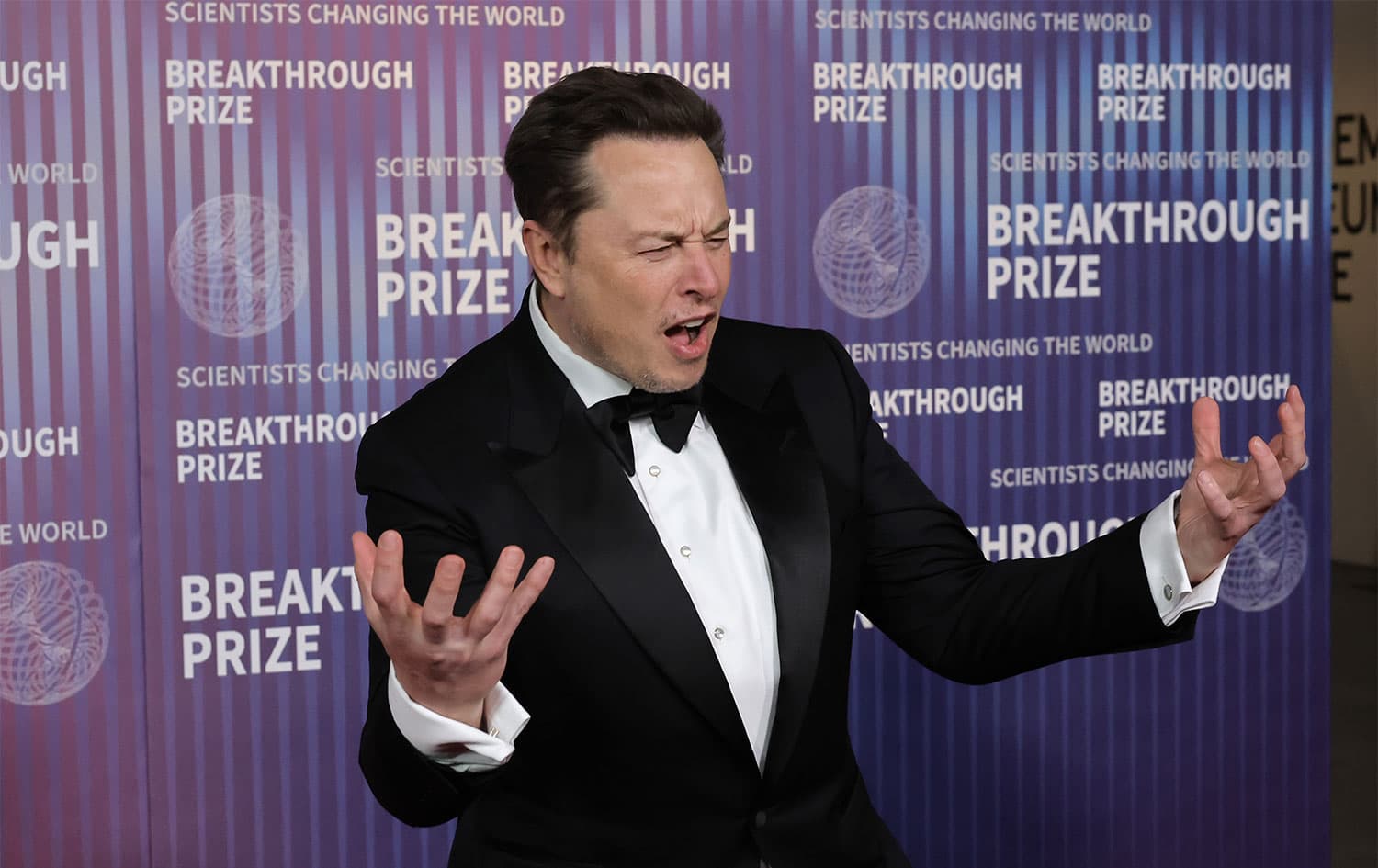Tesla shareholders approve Elon Musk's $1T pay package | TechCrunch

News Summary
Tesla shareholders have overwhelmingly approved a compensation package for CEO Elon Musk that could be worth as much as $1 trillion in company shares. More than 75% of participating shareholders voted to approve the plan, aligning with past support for Musk's pay packages. Musk heralded this as opening a "whole new book" for Tesla. Under the deal, Musk will not receive $1 trillion immediately nor a salary. However, he stands to make hundreds of billions and gain more control if he helps Tesla achieve operational, adjusted profit, and market capitalization milestones. The package is broken into 12 tranches, with each tied to ambitious targets, such as increasing Tesla's market cap from approximately $1.5 trillion today to $8.5 trillion within a decade. The vote followed two months of aggressive campaigning by Tesla, its board, and executives, including public appeals, media interviews by the typically media-shy chairwoman, and even television advertisements. Musk had previously threatened to leave Tesla if he didn't secure around 25% control. This new package was proposed largely because a prior 2018 plan, worth around $56 billion, was struck down by Delaware's Chancery Court last year due to transparency issues, a decision Tesla has appealed.
Background
In 2024, Delaware's Chancery Court struck down Elon Musk's 2018 Tesla pay package, worth approximately $56 billion, citing a lack of transparency in the negotiation process. Tesla has since appealed this decision. Elon Musk currently owns about 15% of Tesla but has repeatedly threatened to leave the company if he doesn't achieve approximately 25% control, aiming to "insulate" himself from being ousted and losing control over Tesla's "robot army." Tesla's board has aggressively campaigned for the new pay package, citing the company's "Master Plan 4" vision under Musk's leadership, even though the plan itself, released in September 2025, was criticized for being vague and lacking specifics.
In-Depth AI Insights
What are the deeper strategic motives behind Tesla board's aggressive push for this massive compensation package, beyond merely retaining Musk? - This package is not solely about retaining Musk but about deeply aligning his personal wealth with Tesla's aggressive growth ambitions, thereby sending a strong signal of confidence to the market. - The approval reinforces the "cult of personality" surrounding Musk as central to Tesla's brand and innovation, critical for driving acceptance of his vague "Master Plan 4" vision and potentially bolstering investor belief in the company's grand future targets. - By acceding to Musk's demand for greater voting control, the board aims to neutralize his threats of departure and secure his dominant influence over key strategic directions, especially in areas like robotics and AI, which are seen as the next growth engines. Given the precedent of the 2018 pay package being struck down, what are the inherent legal and governance risks associated with this newly approved plan? - While approved by shareholders, the Delaware court's ruling on the 2018 package highlights strict requirements for corporate governance and transparency. This new package could still face legal challenges if similar flaws in negotiation or implementation are identified. - The extraordinarily ambitious targets, such as increasing market capitalization to $8.5 trillion, coupled with the vagueness of "Master Plan 4," could become points of contention in the future when judging the reasonableness or attainability of performance milestones. - The ongoing appeal of the 2018 package presents a lingering legal risk. If Tesla ultimately loses, it could set a stricter judicial precedent for the structure and approval processes of future compensation plans, potentially impacting the stability of this new package. What are the implications for Tesla's valuation and investor confidence if Musk fails to meet the ambitious $8.5 trillion market cap target? - Failure to meet such aggressive market capitalization targets would severely erode investor confidence, especially given the pay package itself is predicated on these high expectations. This could lead to significant stock volatility and sustained downward pressure. - Investors might re-evaluate Musk's leadership and Tesla's long-term growth trajectory, questioning the practical feasibility of the company's strategy rather than simply its vision-driven narrative. - The high stakes of Musk's potential payout, tied so directly to company performance, mean that if targets are missed, not only Musk's personal credibility but also the company's narrative in capital markets will face severe challenges, potentially leading to a repricing of Tesla's future growth premium.